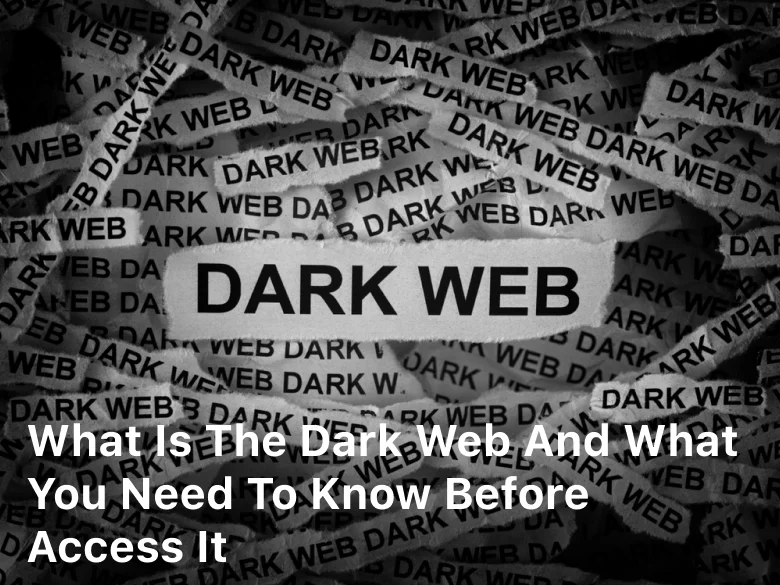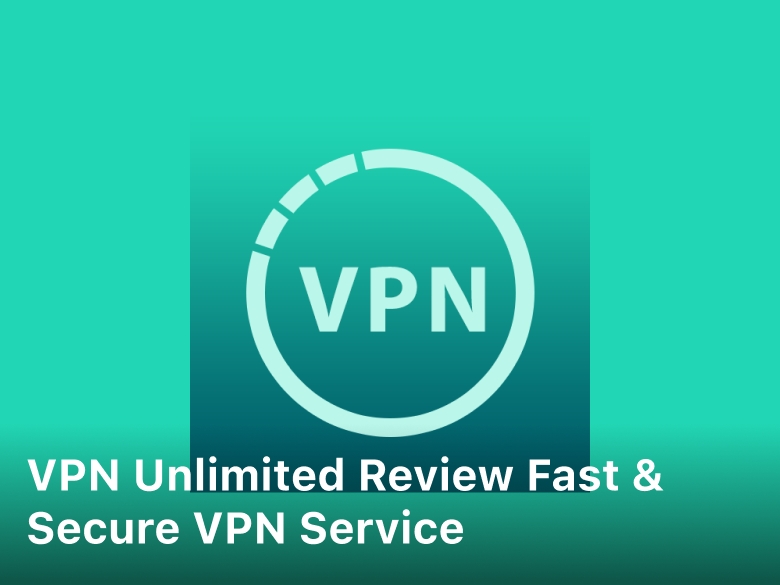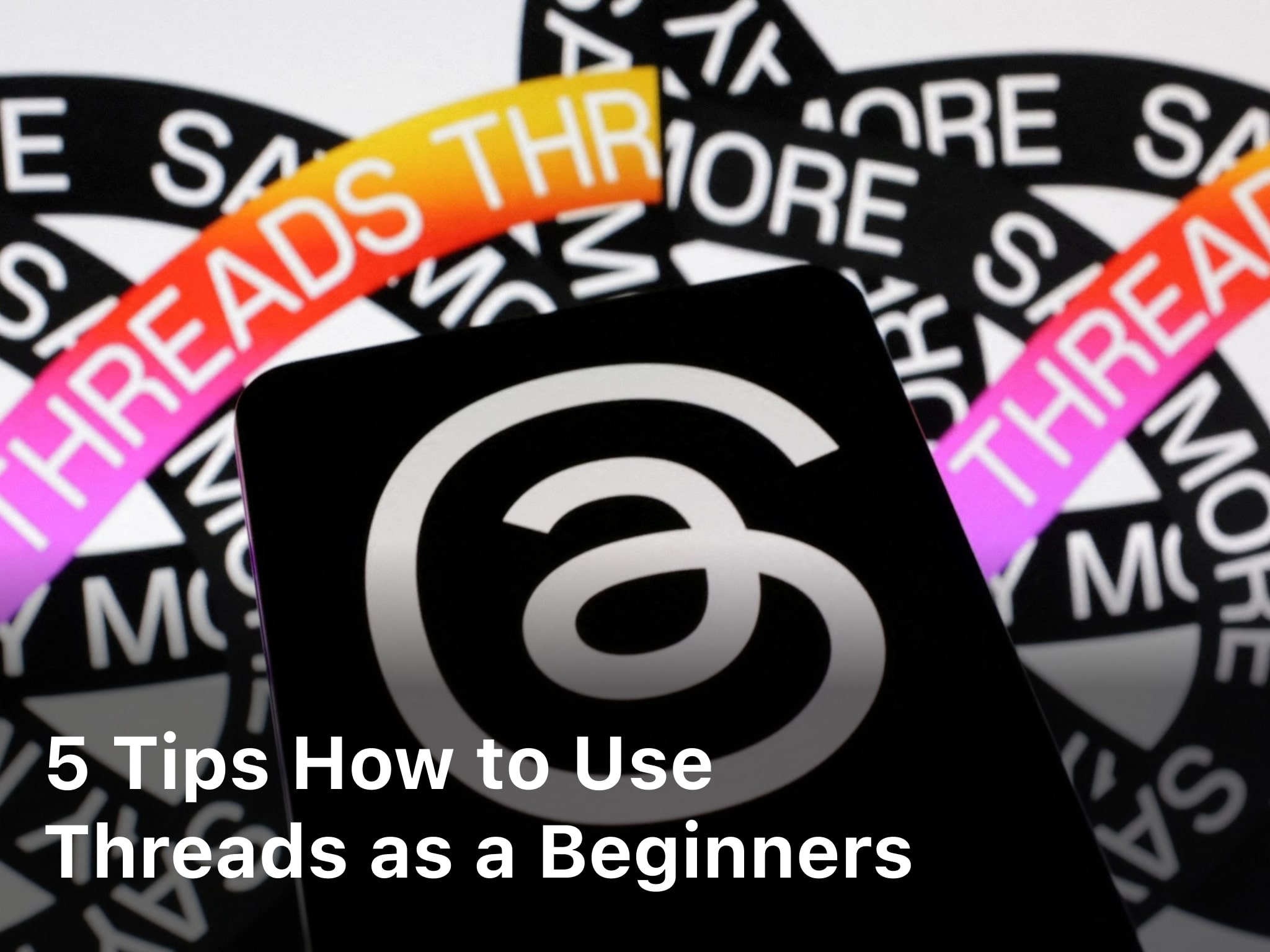
What is The Dark Web and What you Need to Know Before Access it – Discover the hidden realm of the internet – What is The Dark Web? Uncover its secrets, learn about its services, and stay safe online.
In the vast expanse of the internet, lies a mysterious and enigmatic part known as the Dark Web. This hidden realm has piqued the curiosity of many, but what exactly is the Dark Web? In this comprehensive guide, we will delve deep into this obscure corner of the internet, shedding light on its workings, its services, and how to navigate it safely.
What is The Dark Web?
The Dark Web, often misconstrued as a den of criminal activity, is a part of the internet that is not indexed by conventional search engines like Google.
It’s a realm that exists on encrypted networks, primarily accessible through specialized browsers like Tor. While it’s true that some illicit activities take place here, the Dark Web is not inherently nefarious. It serves various purposes, including protecting the anonymity of whistleblowers and activists living under oppressive regimes.
Exploring the Dark Corners
The Dark Web consists of various websites and forums, most of which end in the “.onion” domain. These websites offer a wide range of services, from marketplaces for illegal goods to forums for free speech advocates. It’s essential to navigate this space with caution, as anonymity can breed both positive and negative elements.
The Anonymity Factor
One of the primary features of the Dark Web is its focus on anonymity. Users often access it through the Tor network, which conceals their IP addresses. This anonymity can be a double-edged sword, offering protection to those who need it while also enabling criminal activities.
Why Does the Dark Web Exist?
Understanding the purpose of the Dark Web is essential to dispelling myths and misconceptions. Here are some key reasons for its existence:
1. Privacy and Anonymity
In an era of increased surveillance, individuals concerned about their privacy turn to the Dark Web to communicate and transact anonymously.
2. Censorship Resistance
Citizens of countries with strict internet censorship use the Dark Web to access information and express their views without fear of reprisal.
3. Whistleblowing
The Dark Web provides a secure platform for whistleblowers to expose wrongdoing without revealing their identities.
4. Marketplaces
While some marketplaces on the Dark Web offer illegal products, others sell legal items. It’s a diverse marketplace catering to a wide range of consumers.
Is It Legal to Access the Dark Web?
Accessing the Dark Web itself is not illegal. However, engaging in illegal activities while on the Dark Web is against the law. It’s crucial to be aware of your actions and the laws in your jurisdiction.
Staying Safe on the Dark Web
If you intend to explore the Dark Web, safety should be your utmost priority. Here are some tips to ensure your online security:
1. Use a Secure Browser
Download the Tor browser to access the Dark Web safely. It routes your internet traffic through multiple servers, concealing your identity.
2. Beware of Scams
The Dark Web is rife with scams. Be cautious when dealing with unknown parties or purchasing items.
3. Protect Your Identity
Avoid sharing personal information or using your real name while on the Dark Web.
4. Keep Your System Updated
Regularly update your operating system and antivirus software to protect against malware.
What is the dark web used for
The dark web is a hidden part of the internet that is not indexed by traditional search engines and is intentionally designed to be anonymous and inaccessible through standard web browsers.
It is used for a variety of purposes, both legal and illegal. Here are some common uses of the dark web:
- Privacy and Anonymity
Many users turn to the dark web to maintain their online privacy and anonymity. It can be used to access websites without revealing their IP addresses or other identifying information.
- Whistleblowin
Some individuals use the dark web to securely communicate and share information about government or corporate wrongdoing without fear of reprisal. Platforms like SecureDrop enable anonymous submissions to news organizations.
- Access to Censored Information
In countries with strict internet censorship, the dark web can be a means to access information and resources that are otherwise blocked or restricted.
- Online Marketplaces
The dark web is infamous for its underground marketplaces where illegal goods and services are bought and sold. These can include drugs, firearms, stolen data, counterfeit documents, and hacking tools.
- Forums and Communities
Various online forums and communities exist on the dark web, providing a platform for discussion and exchange of information on topics such as hacking, cybersecurity, and other niche interests.
- Cybercriminal Activities
Criminals often use the dark web to coordinate cyberattacks, share malware, sell stolen data, and exchange hacking techniques.
- Cryptocurrency Transactions
Cryptocurrencies like Bitcoin are commonly used for transactions on the dark web due to their relative anonymity.
- Privacy Tools and Services
Users can find a range of privacy-focused tools and services on the dark web, including virtual private networks (VPNs), encrypted messaging apps, and anonymous email providers.
- Research and Exploration
Some researchers, journalists, and cybersecurity experts explore the dark web to better understand its dynamics, monitor cyber threats, and gather information on criminal activities.
It’s important to note that while the dark web serves legitimate purposes, it is also associated with illegal activities and poses significant risks. Engaging with the dark web can expose users to potential legal consequences and cybersecurity threats, so caution is advised.
How to Access the Dark Web
Accessing the dark web involves using specialized software and configurations to access websites and services that are not indexed by traditional search engines and are intentionally hidden from the public. Here are the general steps to access the dark web:
- Install a Secure Browser
The most common way to access the dark web is by using a special web browser called Tor (The Onion Router). You can download the Tor Browser from the official website (https://www.torproject.org/) for your operating system.
- Install Tor Browser
Download and install the Tor Browser on your computer. It’s available for Windows, macOS, Linux, and Android.
- Open Tor Browser
After installation, open the Tor Browser like you would any other web browser.
- Configure Connection
When you first launch the Tor Browser, you will be prompted to configure your connection. You can typically leave the settings at their default values unless you have specific requirements.
- Access .onion Websites
Websites on the dark web have “.onion” addresses instead of the typical “.com” or “.org” domain names. To access these sites, enter the “.onion” URL into the Tor Browser’s address bar and press Enter.
- Browse Anonymously
The Tor Browser routes your internet traffic through a network of volunteer-run servers, making it difficult for anyone to trace your online activity back to your location. This provides a level of anonymity while accessing dark web content.
- Use Caution
Be extremely cautious when exploring the dark web. It is known for illegal activities, scams, and dangerous content. Avoid engaging in any illegal activities, and never provide personal information.
- Stay Updated
Keep your Tor Browser and any related software up-to-date to ensure you have the latest security features and bug fixes.
- Use Strong Passwords
If you create accounts or interact with websites on the dark web, use strong, unique passwords for each service to enhance your security.
- Use Common Sense
Remember that not everything on the dark web is illegal or malicious, but there are significant risks associated with it. Use common sense and exercise caution at all times.
It’s important to note that accessing the dark web can be legally and ethically complex. While there are legitimate uses for the dark web, it is also a hub for illegal activities, and engaging in such activities can lead to legal consequences. Always prioritize your safety and legality when exploring the dark web, and avoid any involvement in criminal activities.

Using VPN
Using a Virtual Private Network (VPN) in conjunction with accessing the dark web can provide an additional layer of security and privacy.
However, it’s essential to be aware of certain considerations and precautions when using a VPN for this purpose. Here’s what you need to know before accessing the dark web using a VPN:
- Understand the Role of VPNs: A VPN encrypts your internet connection and routes it through a server in a different location, masking your IP address. This can enhance your anonymity and security when accessing the dark web.
- Choose a Reputable VPN: Select a reputable VPN service known for its privacy and no-logs policy. Avoid free VPNs, as they often collect and sell user data, which could compromise your anonymity.
- Install and Configure the VPN: Install the VPN software on your device and configure it correctly. Ensure that the VPN is active and properly connected before launching the Tor Browser.
- Use the Tor Browser: Even with a VPN, it’s recommended to use the Tor Browser when accessing the dark web. The Tor network adds an extra layer of anonymity, making it harder for anyone to trace your online activities.
- Check for DNS Leaks: Perform a DNS leak test to ensure your VPN is not leaking your real IP address. There are online tools and websites that can help you check for DNS leaks.
- Select a Secure Server: Choose a VPN server in a location that is not your own to further obscure your real location. Avoid using servers in countries with strict internet surveillance or censorship.
- Kill Switch: Enable the kill switch feature if your VPN offers it. A kill switch automatically disconnects your internet connection if the VPN connection drops, preventing your real IP address from being exposed.
- Regularly Update the VPN Software: Keep your VPN software up-to-date to ensure you have the latest security patches and improvements.
- Avoid Logging In to Personal Accounts: Do not log in to any personal accounts, such as email or social media, while on the dark web through the Tor Browser and VPN. Doing so can potentially link your online activities to your real identity.
- Beware of VPN-Related Scams: Be cautious of VPN services offered on the dark web itself, as these may be scams or honeypots designed to compromise your anonymity or gather information.
- Check Local Laws: Research the legalities of using VPNs in your jurisdiction, as some countries have restrictions or regulations regarding VPN usage.
- Regularly Clear Cookies and Data: Periodically clear your cookies and browsing data, even when using the Tor Browser, to minimize the risk of tracking and fingerprinting.
Using a VPN alongside the Tor Browser can add an extra layer of protection, but it’s important to remember that no technology can guarantee 100% anonymity. Always exercise caution, follow best practices for online privacy and security, and avoid engaging in illegal activities when accessing the dark web.
Keep Reading :
FAQs
How do I access the Dark Web?
To access the Dark Web, download the Tor browser, which allows you to browse anonymously.
Is it safe to explore the Dark Web?
While the Dark Web itself is not inherently dangerous, it can be a risky place due to the presence of illegal activities. Exercise caution and use anonymity tools.
Can I buy legal items on the Dark Web?
Yes, there are legal marketplaces on the Dark Web where you can purchase items like books, art, and more.
Is it illegal to access the Dark Web?
No, it is not illegal to access the Dark Web. However, engaging in illegal activities on it is against the law.
Are there any positive aspects to the Dark Web?
Yes, the Dark Web provides a platform for free speech, protects whistleblowers, and offers a haven for privacy-conscious individuals.
How can I protect my identity on the Dark Web?
To protect your identity, use pseudonyms, avoid sharing personal information, and use the Tor browser.
Conclusion
The Dark Web is a complex and often misunderstood corner of the internet. While it is home to both positive and negative elements, it is essential to approach it with knowledge and caution.
By understanding What is The Dark Web and its various facets, you can navigate it safely and responsibly, making the most of its anonymity while avoiding its dangers.





